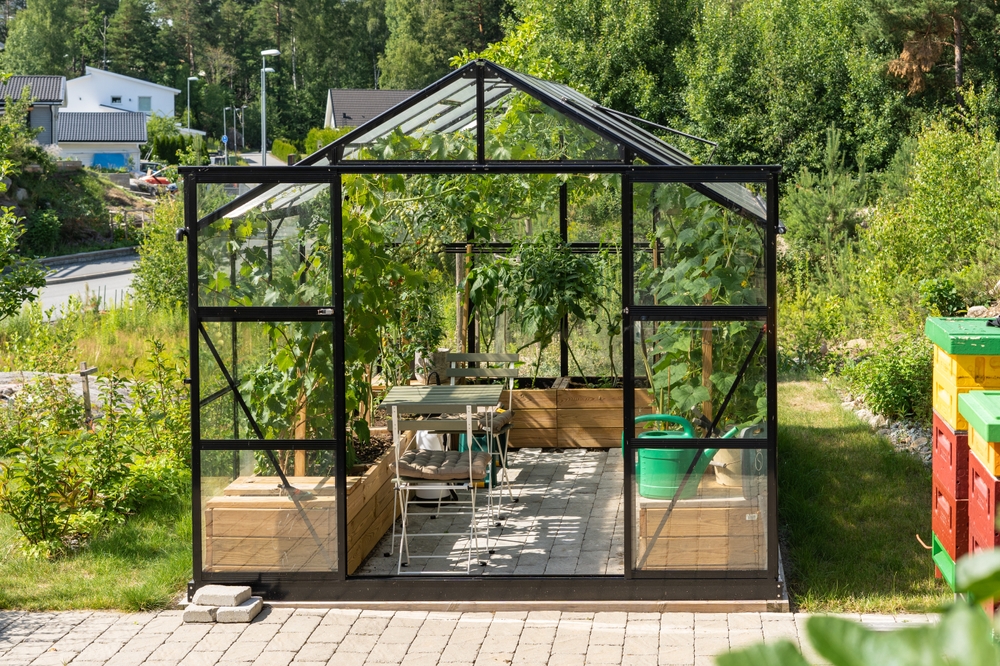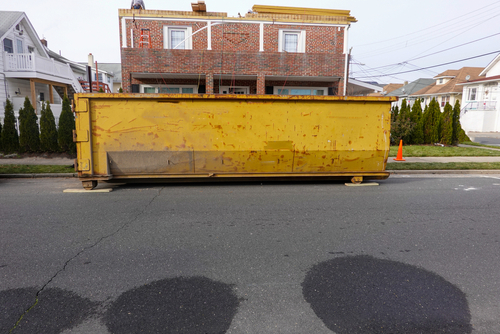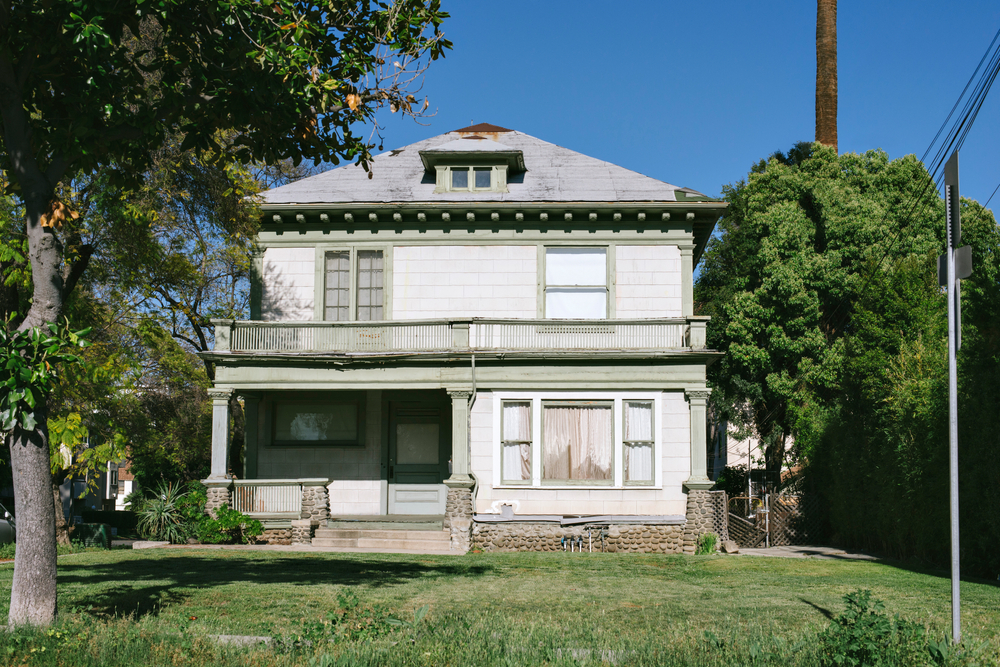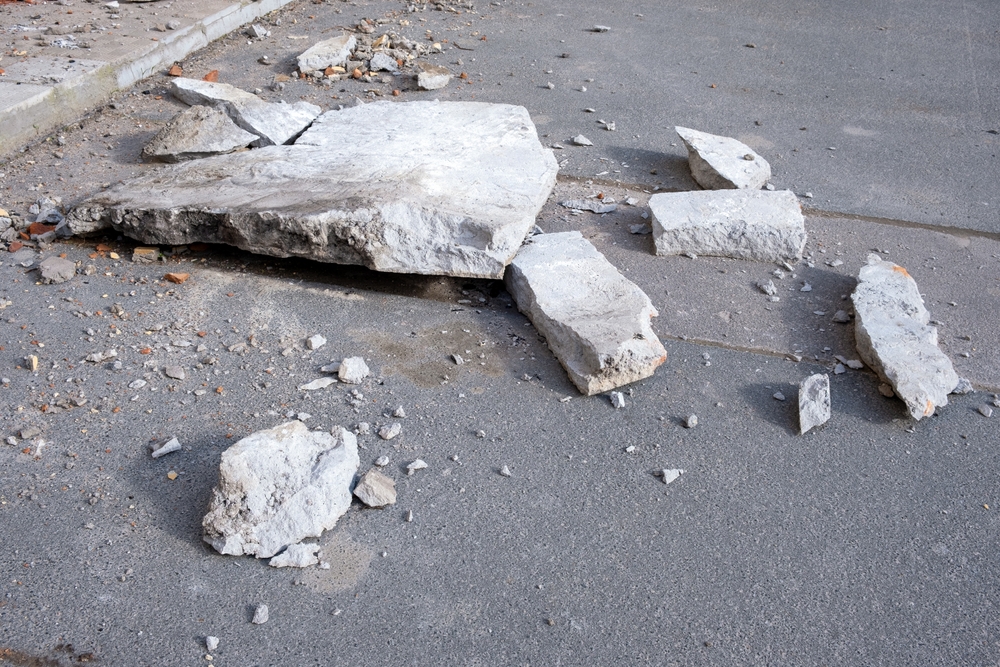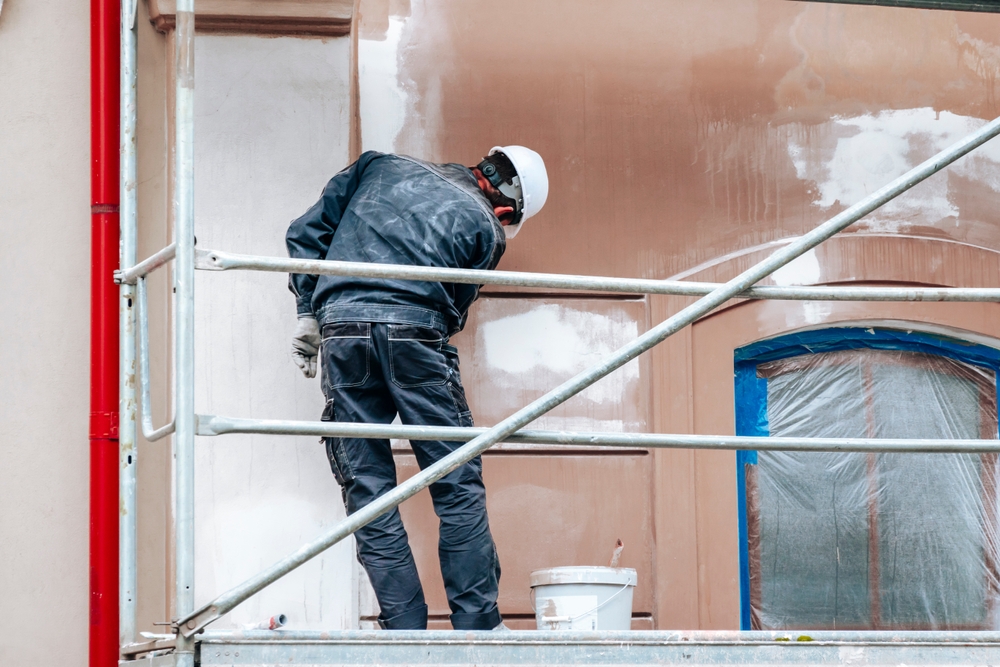May 27, 2024 - Benjamin Ehinger
Trash Bin Rental: Your Ultimate Guide to Efficient Waste Management
CALL NOW 844-762-8449
When undertaking a substantial project that generates a lot of waste, such as home renovation, construction, or a large clean-up, the management of debris and trash is a critical concern. Trash bin rentals offer a convenient and effective solution to handle waste. Dumpster rental services provide various sizes of dumpsters that can accommodate the debris from your specific project. By renting a dumpster, you ensure a smoother operation by having a dedicated space for waste materials, which helps in maintaining a cleaner and safer work area.
Choosing the right trash bin rental service requires understanding several factors. The rental process usually involves selecting the appropriate dumpster size, determining rental duration, and considering the types of materials you will be disposing of. Additionally, it’s important to be aware of the cost implications and to plan accordingly for your budget. Factors such as the size of the dumpster, rental period, location, and disposal fees can all affect the final cost.
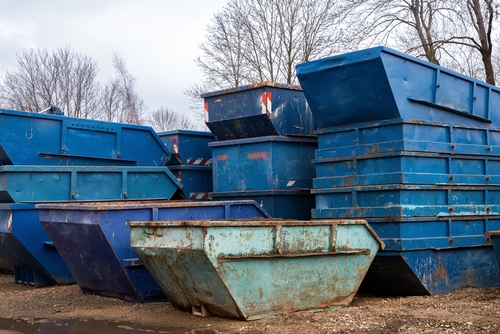 Choosing the right type of container for your waste disposal needs is crucial. Here, you’ll learn about the specific features of roll off dumpsters and how temporary containers can cater to short-term projects.
Choosing the right type of container for your waste disposal needs is crucial. Here, you’ll learn about the specific features of roll off dumpsters and how temporary containers can cater to short-term projects.
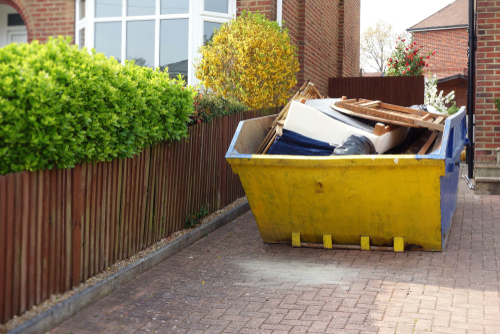 When renting a dumpster for material disposal, you need to select the right type for your specific waste. Whether you’re dealing with construction debris or organic yard waste, appropriate disposal is crucial for environmental safety and local compliance.
When renting a dumpster for material disposal, you need to select the right type for your specific waste. Whether you’re dealing with construction debris or organic yard waste, appropriate disposal is crucial for environmental safety and local compliance.
Key Takeaways
- Renting a dumpster ensures efficiency and safety in waste management for various project sizes.
- Selecting the correct dumpster size and understanding the rental terms are essential for cost management.
- Proper planning regarding permits, types of materials, and rental duration is crucial for a successful rental experience.
Understanding Trash Bin Rentals
Renting a dumpster can simplify waste disposal for both residential and commercial projects. Knowing your needs and the services available is crucial to making an informed decision.Dumpster Rental 101
When you’re looking at dumpster rental 101 guides, the first step is to understand that dumpsters come in various sizes and are rented on a short-term basis typically by the week or month. Factors affecting your rental include the dumpster size, how long you need it, and the type of debris you’re disposing of.Choosing the Right Dumpster Size
Selecting the right dumpster size is pivotal to cost-effectively manage waste. Sizes can range from small 10-yard dumpsters suitable for minor home cleanouts to large 40-yard dumpsters for sizeable construction debris.- 10-Yard Dumpster: Ideal for small-scale projects like a garage cleanout.
- 15-Yard Dumpster: Great for home project and smaller construction jobs.
- 20-Yard Dumpster: Good for medium-sized renovations and projects.
- 30-Yard Dumpster: Fits the needs of most construction jobs.
- 40-Yard Dumpster: Best for major construction or demolition.
Renting a Dumpster for Residential Use
For residential use, consider the extent of your project. A 10-yard or 20-yard dumpster is typically sufficient for home renovation or cleanup tasks. Ensure the dumpster service provider arranges for proper placement and pickup according to your local regulations.Dumpster Rental for Commercial Projects
Commercial projects usually require larger dumpsters like the 30-yard or 40-yard options. It’s important to choose a dumpster service that can handle the heavier waste typically generated by commercial sites, which may include construction debris or large volumes of waste from business operations.The Rental Process
When renting a trash bin, understanding the rental process is crucial to ensure a hassle-free experience. Here’s what you need to know about beginning your rental, navigating the rental periods, and managing the delivery and pickup of your dumpster.How to Begin Your Rental
To start your trash bin rental, first determine the size of the dumpster you need. The volume of waste you expect to generate and the type of materials you’ll be disposing of will inform this choice. Once you’ve assessed your waste disposal needs, you should reach out to a local roll off dumpster service that can provide you with a dumpster that suits your project requirements. Be prepared to provide details about the type of waste you need to dispose of, as well as the duration of your project.Navigating Dumpster Rental Periods
The rental period typically ranges from a few days to several weeks and should be discussed with your provider beforehand. It’s important to clarify the duration of the rental and any fees that may apply if you exceed the agreed-upon time frame. Keep in mind that extending your rental period can often be accommodated, but it’s best to arrange this with your provider ahead of time to avoid potential issues or additional costs.Delivery and Pickup Explained
Delivery of your dumpster is arranged after the rental agreement is in place. You’ll need to choose a suitable drop-off location that is accessible and doesn’t obstruct traffic or violate any local regulations. On the scheduled pickup day, ensure that the dumpster is ready to go, which means it shouldn’t be overfilled and the area around it must be clear. If you’re finished with the dumpster before the end of your rental period, most services offer a pickup scheduling service, so you can have it removed earlier if needed.Cost Considerations
When renting a trash bin, understanding your costs upfront can prevent surprises on your bill. It’s essential to clearly grasp flat-rate pricing structures and be vigilant about the potential for hidden fees.Understanding Flat-Rate Pricing
Flat-rate pricing means your dumpster rental cost is a predetermined price that includes delivery, pickup, a set weight limit, and the rental period. Budget dumpster companies often advertise flat-rate pricing to give you an upfront cost, so you know exactly what you’re paying for. For example, a 10-yard dumpster might cost between $200-$400, depending on various factors such as location and type of debris.Avoiding Hidden Fees
To avoid unexpected charges, ask for a thorough breakdown of costs when discussing upfront pricing. Inquire about possible overage charges, late fees, or penalties for prohibited items. Companies like Waste Removal USA provide transparent pricing to prevent such surprises, but it’s your responsibility to understand the terms of the rental agreement. Remember, if the dumpster overflows or you exceed the weight limit, additional fees may be incurred.Types of Dumpsters and Containers
 Choosing the right type of container for your waste disposal needs is crucial. Here, you’ll learn about the specific features of roll off dumpsters and how temporary containers can cater to short-term projects.
Choosing the right type of container for your waste disposal needs is crucial. Here, you’ll learn about the specific features of roll off dumpsters and how temporary containers can cater to short-term projects.
Roll Off Dumpster Characteristics
Roll off dumpsters, recognized by their open-top design, are a convenient option for large-scale waste removal. These dumpsters come in various sizes to accommodate different volumes of debris. For reference:- A 10-yard dumpster typically measures 8 feet wide x 12 feet long x 3 ½ feet high and holds about 10 cubic yards of waste.
- A 20-yard dumpster is more substantial at 8 feet wide x 22 feet long x 4 feet high, suitable for medium-sized projects and can hold approximately 20 cubic yards of waste.
- For extensive renovation or construction work, a 30-yard dumpster may be appropriate. It has dimensions of 8 feet wide x 22 feet long x 6 feet high, offering ample space for 30 cubic yards of waste.
Temporary Containers for Short-Term Use
For projects with a shorter timeframe, such as home clean-outs or small renovation tasks, temporary containers are ideal. These debris boxes serve as a practical solution to manage waste effectively. Most providers offer a range of temporary dumpsters that cater specifically to the needs of short-term use. The rental period, along with the size and type of dumpster required, depends on the scope of your project. Whether you’re remodeling a small bathroom or decluttering a garage, there’s a dumpster size available to make the cleanup process hassle-free.Permit and Regulations
When renting a dumpster, you must be aware of the permits required and the regulations in place. These ensure safety and legal compliance when managing waste.When Do You Need a Permit?
You require a permit for a dumpster rental if the container is placed on public property, such as a street or sidewalk. The specifics can vary based on your location, so it’s imperative to check with your local municipality. Typically, the rental company can also guide you through this process if you’re uncertain.Understanding Local Waste Disposal Laws
Local waste disposal laws dictate what materials you can throw away, and breaking these laws, particularly regarding hazardous waste, can lead to significant fines or legal trouble. Make sure to familiarize yourself with the specific waste disposal regulations that apply to your area. Prohibited items often include:- Hazardous materials: like paint, chemicals, and batteries.
- Electronics: TVs, computers, and other e-waste.
Project-Specific Rentals
When embarking on a project, selecting the right dumpster rental is critical for efficient waste management. Your choice should depend on the nature and volume of debris generated. Here’s how to choose the right rental for your specific project needs.Rentals for Home Cleanouts
For home cleanouts—whether it’s decluttering a few rooms or downsizing an entire house—a 20-yard dumpster is typically sufficient. Choose a rental service that can accommodate varying amounts of household waste without the need for multiple pickups and drop-offs.Dumpsters for Renovation and Demolition
During renovations and demolition, you’ll likely deal with heavy materials like drywall, wood, and concrete. A larger 30-yard dumpster or a 40-yard option fits best for such jobs. Select a rental that’s designed for heavier loads, and confirm weight limits to avoid additional fees. Services like Waste Removal USA can provide sturdy containers suitable for your construction debris.Landscaping and Yard Waste Containers
Landscaping projects or yard waste cleanups require a different type of dumpster. Look for containers specifically outlined for organic waste, which can typically range from 10 to 20 yards in size. Companies offer rentals with easy-load features and doors for convenient disposal of large items like branches or shrubs.Material Disposal
 When renting a dumpster for material disposal, you need to select the right type for your specific waste. Whether you’re dealing with construction debris or organic yard waste, appropriate disposal is crucial for environmental safety and local compliance.
When renting a dumpster for material disposal, you need to select the right type for your specific waste. Whether you’re dealing with construction debris or organic yard waste, appropriate disposal is crucial for environmental safety and local compliance.
Disposing of Heavy Debris
For heavy materials like concrete, drywall, and dirt, it’s important that you choose a dumpster specifically designed for heavy debris. These dumpsters are reinforced to handle the weight and allowing you to fill it only to a certain level to avoid overloading.- Concrete: Typically requires a 10-yard dumpster.
- Drywall: Can be disposed of in larger dumpsters, but check weight limits.
- Dirt: Make sure it’s free from contaminants before disposal.
Yard Waste and Organic Materials
Yard waste such as grass clippings, leaves, and tree limbs can usually be placed in dumpsters designated for organic waste. The size of the yard waste dumpster you’ll need depends on the scale of your project.- Grass Clippings & Leaves: Ideal for smaller dumpsters or organic waste bins.
- Tree Limbs: Larger limbs may require a more substantial dumpster size.
Special Considerations
When you rent a trash bin, certain scenarios require special attention to ensure safety and legal compliance. These include handling hazardous materials and utilizing dumpsters for post-disaster cleanups, each with its unique guidelines and restrictions.Dealing with Hazardous Waste
Hazardous waste, such as oil, chemicals, and other toxic substances, can’t be disposed of in standard rental trash bins due to the potential harm they may cause to the environment and human health. You’ll need to secure specialized containers and disposal services that adhere to strict regulations. For example, oil cannot be dumped into regular dumpsters; instead, you must contact approved disposal facilities equipped to handle such materials safely.Dumpster Rentals in Disaster Recovery
In the aftermath of a disaster, debris and damaged materials can accumulate quickly. Renting a dumpster can significantly aid in the recovery process. However, it’s crucial to choose the correct type of dumpster for different kinds of debris and to be aware of local ordinances that may affect placement and usage during this period. Securing a dumpster rapidly is often essential, so have a plan in place for disaster scenarios to expedite the process.Preparation and Safety
Proper preparation for dumpster delivery and adherence to safety guidelines ensure a hassle-free experience when managing clutter, debris, or branches. These steps will help you avoid potential issues and enhance the efficiency of waste removal from your location.Preparing Your Site for Dumpster Delivery
Before the dumpster arrives, choose a location that is easily accessible and free from overhanging wires or branches. Clear the delivery area of any vehicles, equipment, or significant debris to prevent any delays or complications. It’s essential to:- Ensure the ground is level: A flat surface reduces the risk of the dumpster tipping or shifting.
- Check for sufficient clearance: You’ll need around 60 feet in length and at least 10.5 feet in width to accommodate the delivery truck and the dumpster itself.
Safety Tips for Dumpster Use
Safety during dumpster use is crucial to prevent injuries and accidents. Keep these safety guidelines in mind:- Do not overload: Keep waste level with the top of the dumpster to maintain stability and ease of pickup.
- Be cautious with hazardous materials: Avoid disposing of prohibited items like batteries, chemicals, or flammable liquids that can pose safety risks.
Key Takeaways for Renters of Trash Bins
When renting a trash bin for your waste removal needs, you’ll want to consider size and type of waste. A variety of sizes are available, typically measured in cubic yards. For example, a common option is 20-yard dumpsters suitable for medium-sized projects.- Determine the Scope: Estimate the volume of junk removal before selecting a bin size. Overestimating a bit can prevent the need for a second dumpster.
- Evaluate Terms of Service: Rental periods can range from days to weeks. Clarify the terms to avoid unexpected fees.
- Weight Limits: Know the limit; excessive weight can incur extra charges.
- Type of Waste: Some items may be prohibited. Confirm with the rental company to avoid penalties.
- Consider Location: Determine where the dumpster will be placed for accessibility and compliance with local regulations.
- Local Regulations: Check if a permit is needed for street placement.
- Budget Accordingly: Prices vary widely, and the lowest cost might not include essential services. Understand the full cost structure.
- Selection of Rental Company: Look for reliable and customer-friendly services—reviews on companies like Waste Removal USA can provide insights.
- Customer Service: Good support can simplify your rental experience.
Frequently Asked Questions
Before renting a dumpster, you likely have a few questions about the process. This section covers common queries to help you make informed decisions for your waste management needs.What size dumpster is typically used for home renovation projects?
For most home renovation projects, a 20-yard dumpster is typically sufficient, as it offers ample space for various types of waste without taking up too much room on your property.How is the cost of a dumpster rental determined?
The cost to rent a dumpster is influenced by several factors including the dumpster size, the rental duration, your location, the type of debris being discarded, and local landfill or disposal fees.What are the differences between a roll-off dumpster and a commercial dumpster?
A roll-off dumpster is designed for temporary use and typically open-topped, suitable for construction or large-scale cleanouts. In contrast, a commercial dumpster is usually smaller, with a lid, and is intended for regular, scheduled pickups over a longer service period.Are there specific types of waste materials that are not permitted in dumpster rentals?
Yes, most dumpster rental services have restrictions on hazardous materials, including paints, oils, asbestos, and batteries. Check with your rental provider for a complete list of prohibited items.How does one go about scheduling a residential dumpster rental?
Scheduling a dumpster rental is as easy as entering your zip code, describing your project, and obtaining quotes from rental services in your area.What factors should be considered when looking for the most affordable dumpster rental option?
To find the most affordable dumpster rental, consider not just the base rental fee, but also potential overage charges, the length of the rental period, and any included tonnage fees to ensure you’re getting the best deal for your specific needs.RECENT BLOGS
Our Reviews
Glenda Lanier Prowell
1721758635
I have ordered an 11 yard dumpster to be delivered to my house.Lonier was extremely helpful and answered all my questions. The rate was very reasonable.
Cedric Smikle
1721660395
Amber was extremely professional and courteous. She answered all of my questions and even some that I didn’t know I needed to ask.
Cait Kaider
1721243051
I highly recommend Waste Removal USA for their responsiveness and how the staff work hard to provide exceptional customer service. They have done well by us and our clients. Thank you!
Easom Family
1721223306
Louiner Pierre-Louis Is awesome! Did a great job. Will definitely be using this same company for all my dumpster needs because of his awesome customer service! Thank you!!!
tabitha Vazquez
1720539988
Wonderful and fast customer service!
LATEST BLOGS
